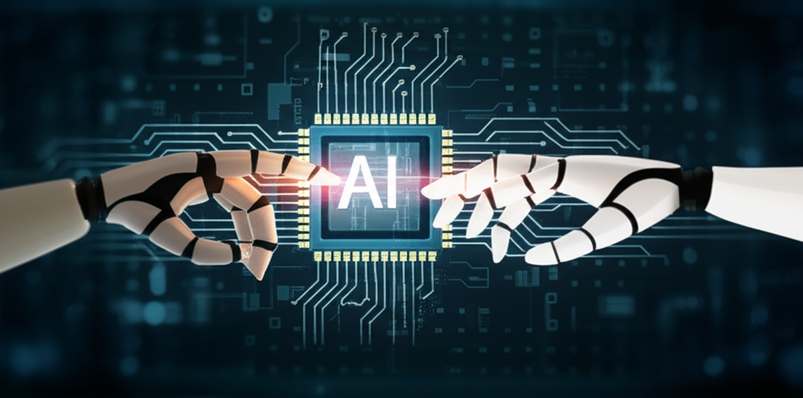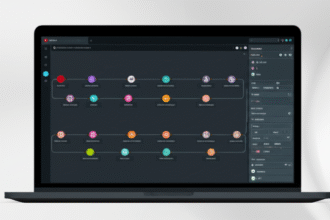The landscape of Information Technology (IT) continues to evolve at a rapid pace, driven largely by advancements in Artificial Intelligence (AI). As we move into the future, it’s imperative to understand not only the current state of AI but also the upcoming trends that will reshape industries and our daily lives. In this blog post, we will delve into the future of AI and Information Technology, highlighting the key trends to watch over the next few years.
Why AI is Critical to the Future of IT
Artificial Intelligence is already a significant part of various applications that enhance operational efficiency, improve decision-making, and provide personalized user experiences. Businesses leveraging AI technologies can automate mundane tasks, free up human resources, and focus on innovation and customer satisfaction. As AI algorithms evolve, their capacity to analyze vast amounts of data will drive significant innovations across all sectors of IT.
Key Trends in AI and IT
- 1. Enhanced Machine Learning Models: As technology progresses, machine learning models will become more sophisticated, capable of making more accurate predictions and decisions based on data analysis.
- 2. AI in Cybersecurity: With the rise of cyber threats, AI will play a pivotal role in enhancing security protocols, predicting potential data breaches, and automatically responding to threats.
- 3. Data Privacy and Ethical AI: As regulatory frameworks tighten around data privacy, ethical considerations in AI development will become critical, leading to more transparent AI systems that respect user data rights.
- 4. Natural Language Processing (NLP) Advances: Improved NLP will revolutionize human-computer interactions, enabling seamless communication between users and machines.
- 5. AI-Driven Automation: Organizations will increasingly adopt AI to automate complex workflows, enhancing operational efficiency and agility.
Transforming Industries with AI
AI is set to transform multiple industries by offering innovative solutions tailored to specific needs. In healthcare, for example, AI will enhance diagnostic accuracy through predictive analytics and assist in personalized medicine. The retail sector will leverage AI-powered chatbots and recommendation engines to improve customer engagement and streamline service delivery.
Best Practices for Embracing AI in IT
Organizations looking to adopt AI technologies should start with a clear strategy that includes understanding the specific problems they want to solve with AI. Training employees, investing in the right tools, and creating a culture of innovation are crucial steps. Furthermore, collaboration between IT departments and AI specialists can pave the way for successful implementation.
Conclusion: The Path Ahead
As AI continues to advance and integrate deeper into the fabric of Information Technology, understanding these trends will be vital for businesses aiming to stay competitive. By investing in AI solutions, organizations not only streamline their operations but also position themselves as leaders in the rapidly evolving digital landscape.








